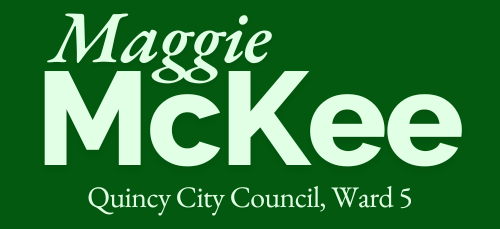City deals favor developers over residents
Note: I delivered these comments at a public hearing at the council meeting on June 16. Despite no residents voicing support for the proposal, and multiple residents, including myself, speaking out against it, councilors unanimously voted to shoehorn a luxury development planned for the TJ Maxx shopping mall into a state tax incentive program intended to spur market-rate housing. No council vote was taken on a second proposal to sell a downtown parcel to another developer at a loss.
Several of the items on tonight’s agenda concern new housing. But where is the affordable housing? That will be needed even more in the coming years if the proposed 44% cuts to the federal housing budget go through.
Some 28,000 families in the state live in federally funded public housing, with another 72,000 receiving federally funded rental assistance. And those numbers are dwarfed by the state’s unmet need, with more than 300,000 people on the waiting list for public housing, according to a recent panel of Massachusetts housing experts.
“Cutting these programs by half, homelessness is going to go up,” said Donna Brown-Rego of the National Association of Housing and Redevelopment Officials.
The looming budget cuts could have wide-ranging ripple effects on the local economy. Landlords who depend on federally funded housing vouchers might have to foreclose on their mortgages. Banks might be unable to collect on their loans. Developers who count on vouchers to secure loans to fund affordable housing units might not be able to build them, which would in turn hurt the construction industry, said Joel Wool of the Boston Housing Authority, which could be forced to cut 8,000 vouchers – that’s 8,000 families – from its program.
“None of us are better off and none of us are safer if more of us are unhoused in our neighborhoods,” said Mark Martinez of the Mass Law Reform Institute.
Why am I bringing this up now? Because these discussions are happening all over the state, except, from the looks of tonight’s council agenda, here in Quincy. Why, with homelessness set to rise and less federal funding set to come into the city, would we ever consider giving a 20-year tax break towards a luxury development where the TJ Maxx and Dollar Tree now stand? Why would we propose selling the property at 1620 Hancock Street, which the City bought for $2.2 million, to a developer at a loss of hundreds of thousands of dollars?
Other cities in the state want to charge minor fees of less than 2% for high-end real estate sales to help fund affordable housing. But Quincy seems to be going in the opposite direction, giving money to developers of high-end housing.
I urge you to vote against both this proposed tax break for the TJ Maxx lot and for the proposed fire sale of 1620 Hancock Street. Neither deal seems to be in the best interest of Quincy’s residents.
Credit: The Grossman Companies
A rendering of the future luxury development at the TJ Maxx site. Credit: The Grossman Companies, via The Patriot Ledger


